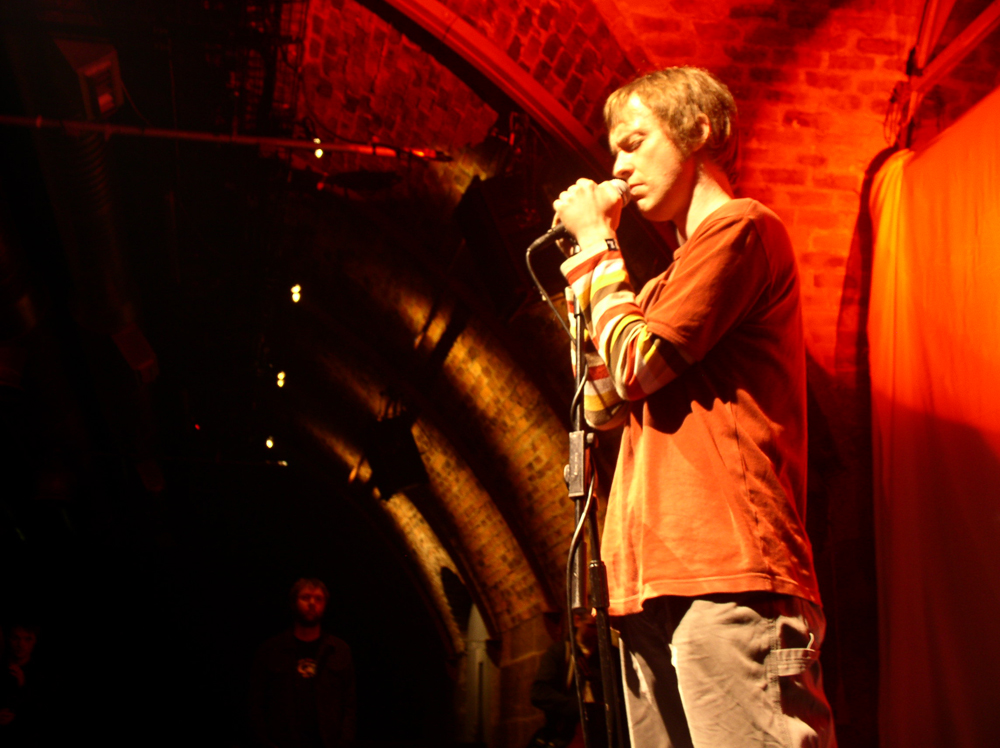
Richard Youngs
Richard Youngs
One of the most incessantly experimental musicians in the UK, Youngs’ aesthetic is entirely unique, never really part of any scene [whilst influencing many], steadfastly unafraid and honest
Arika have been creating events since 2001. The Archive is space to share the documentation of our work, over 600 events from the past 20 years. Browse the archive by event, artists and collections, explore using theme pairs, or use the index for a comprehensive overview.

One of the most incessantly experimental musicians in the UK, Youngs’ aesthetic is entirely unique, never really part of any scene [whilst influencing many], steadfastly unafraid and honest
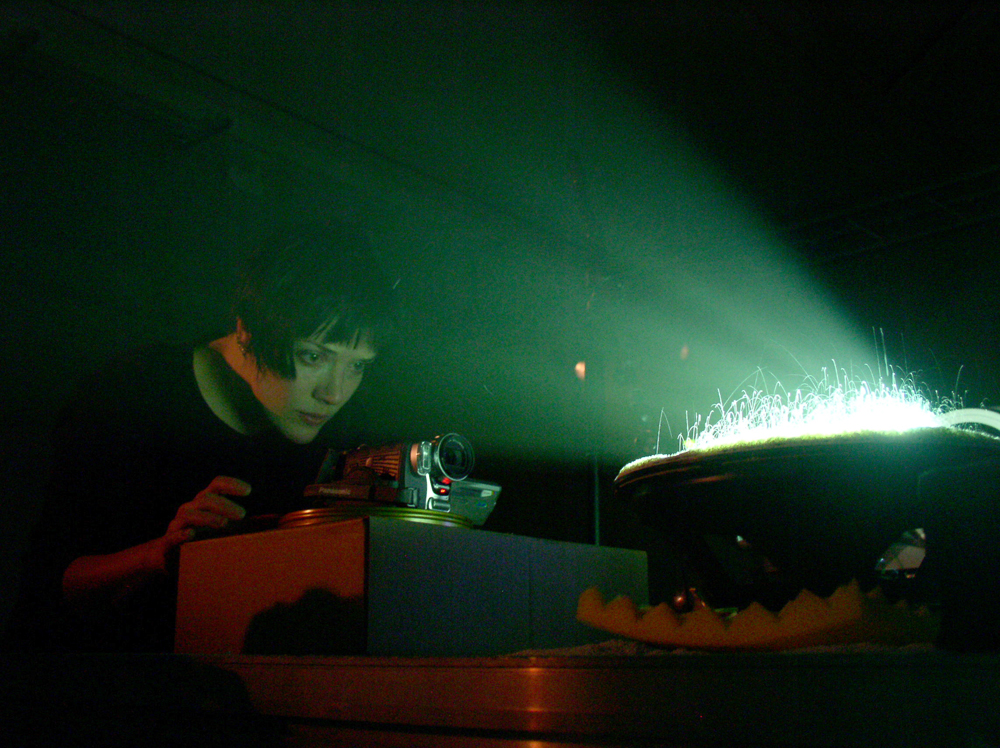
An original and beautifully simple performed installation forging a direct link between sound and image.

UK conceptual/ drone/ noise artist, who is seriously posing what might seem to be unanswerable questions of music.

A multi-speaker, electronic, spacious and spatial performance from Florian Hecker.
Edinburgh. Beer and smoke befuddled drone/ deadly efforts by Pjorn72 kingpin.

A panel exploring the radical potential of technologies through fugitivity and opacity: their ability to obscure, to make it impossible for us to be known, to render us untraceable by every arm of the state even under the all-consuming spectre of surveillance capital.

Underground movement legend boychild hosts this workshop—on improvisation, cosmetics, movement and lip-sync.
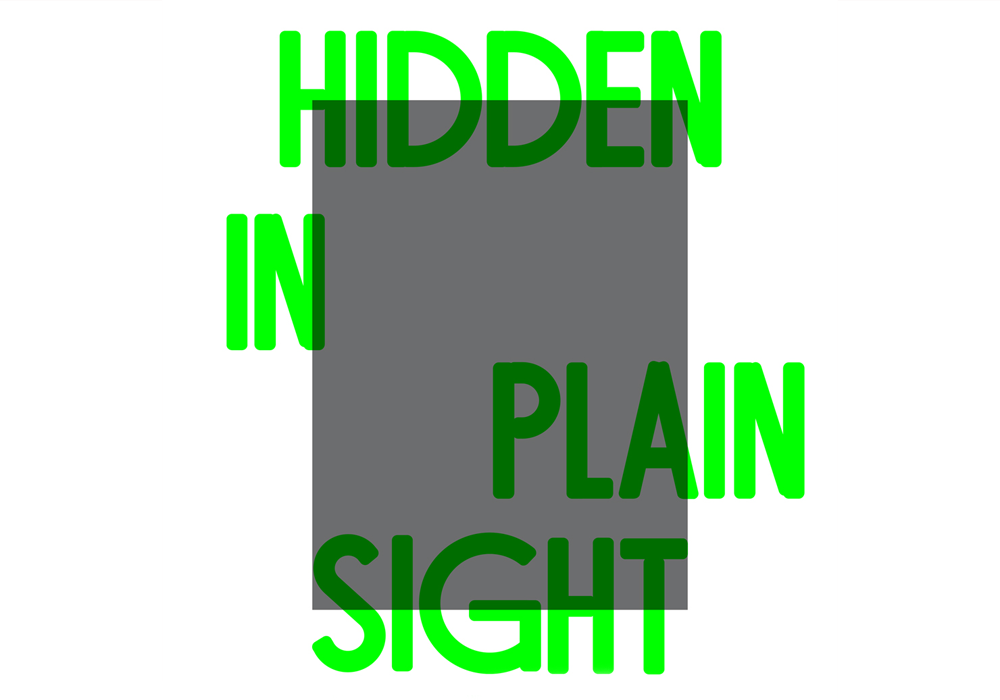
Voguing, drag, clubbing, and the politics of communities making different performances of gender and sexuality visible.

Two bottomless brunch writing workshops—with readings—speculating the relationship between space, infrastructure, technologies and sex.
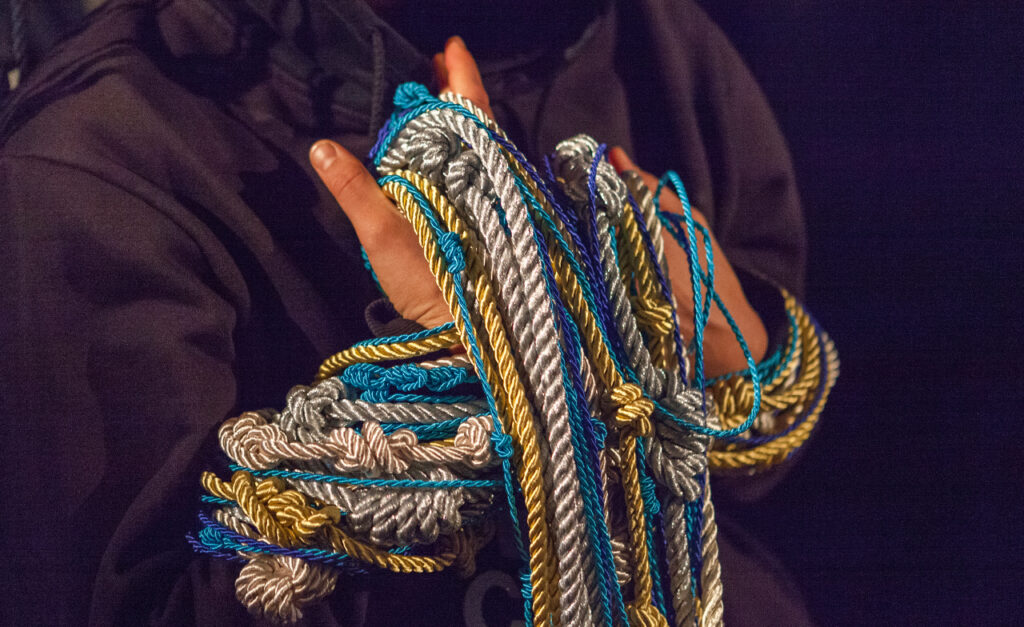
Gravitational Feel is an engine for intensifying the differentiation of our entanglement, which you continually reprogramme in the mutual rub, shift and lap of its sonic, wooden, steel, textile and human material.
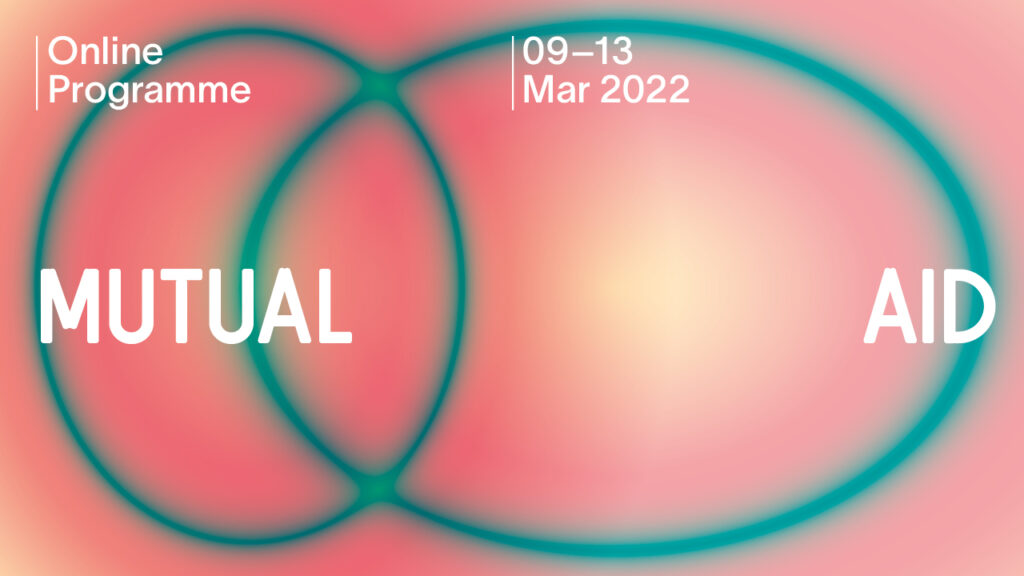
4 days of workshops, discussions and artists presentations exploring the radical act of caring for each other while working to change the world.
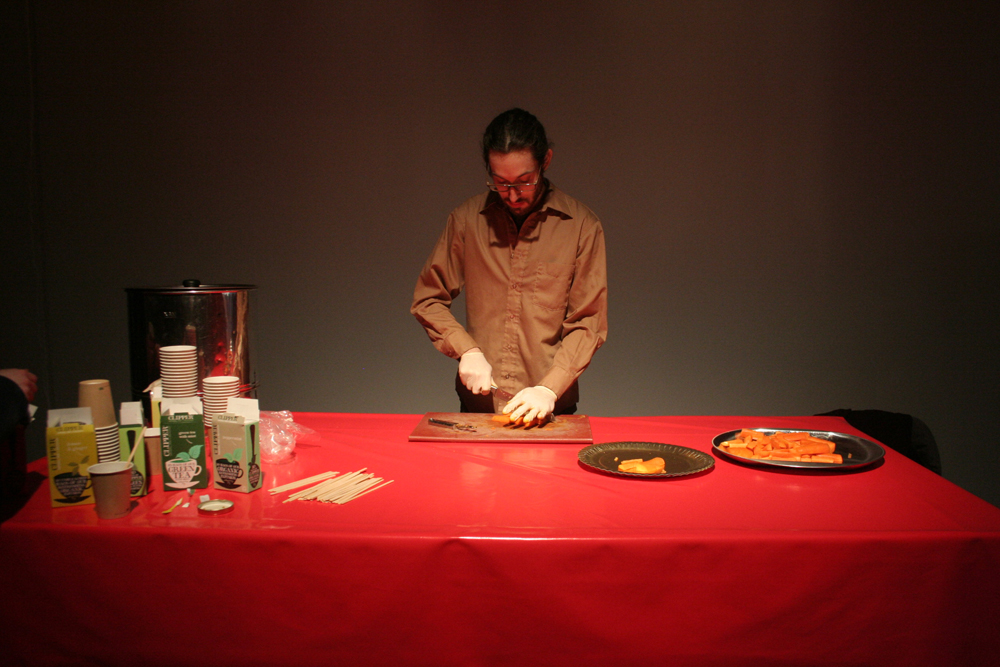
Jarrod Fowler and Christof Migone kick things off with performances involving edible plants, a saw, dandruff, and Christof responding to the prompt: “as far as you can for as long as you can.”